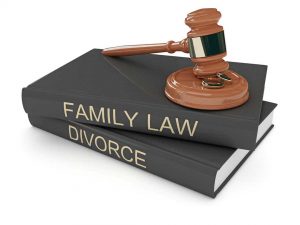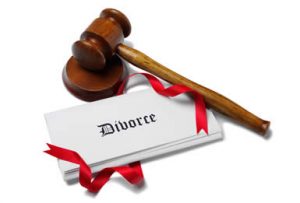 Domestic violence is a pervasive issue that affects individuals and families across the United States, and Florida is no exception. In an effort to protect victims and hold perpetrators accountable, the state of Florida has established comprehensive domestic violence laws. This article aims to provide a thorough understanding of these laws, addressing key aspects such as definitions, protective orders, and legal consequences.
Domestic violence is a pervasive issue that affects individuals and families across the United States, and Florida is no exception. In an effort to protect victims and hold perpetrators accountable, the state of Florida has established comprehensive domestic violence laws. This article aims to provide a thorough understanding of these laws, addressing key aspects such as definitions, protective orders, and legal consequences.
Defining Domestic Violence in Florida:
Florida law defines domestic violence as any assault, aggravated assault, battery, aggravated battery, sexual assault, sexual battery, stalking, aggravated stalking, kidnapping, false imprisonment, or any criminal offense resulting in physical injury or death of one family or household member by another family or household member. Family or household members include spouses, former spouses, individuals related by blood or marriage, individuals currently residing together, or those who have a child in common.
Protective Injunctions (Restraining Orders):
One crucial aspect of domestic violence laws in Florida is the availability of protective injunctions, commonly known as restraining orders. These orders are designed to provide immediate protection for victims of domestic violence. A victim can seek a restraining order against the alleged abuser, prohibiting contact and establishing specific protective measures.
There are various types of protective injunctions in Florida, including:
Domestic Violence Injunctions: Issued when there is evidence of domestic violence or an imminent threat.
Repeat Violence Injunctions: Applicable when there are two incidents of violence or stalking, with at least one occurring within the past six months.
Dating Violence Injunctions: Protects individuals in dating relationships who have experienced violence or the reasonable belief that violence is imminent.
Sexual Violence Injunctions: For victims of sexual violence, even if there is no domestic relationship.
Legal Consequences for Domestic Violence Offenses:
Perpetrators of domestic violence in Florida face severe legal consequences, including criminal charges and penalties. The nature and severity of charges depend on the specific actions involved, prior offenses, and the extent of harm caused. Common charges include assault, battery, stalking, and more serious offenses such as aggravated assault or aggravated battery.
Penalties for domestic violence offenses may include fines, probation, mandatory counseling for anger management programs, and even imprisonment. Repeat offenses often result in harsher penalties, highlighting the state’s commitment to protecting victims and deterring perpetrators.
The Role of Law Enforcement and Support Services:
Law enforcement plays a critical role in responding to domestic violence incidents. In Florida, police officers have the authority to make arrests without a warrant if they have probable cause to believe that an act of domestic violence has occurred. Additionally, the state provides support services, including shelters, counseling, and legal assistance, to help victims rebuild their lives and navigate the legal process.
Understanding domestic violence laws in Florida is essential for both victims and those accused of offenses. The state’s commitment to addressing domestic violence is evident in its comprehensive legal framework, which aims to protect victims, hold perpetrators accountable, and create a safer environment for families and households. By being aware of these laws, individuals can contribute to the collective effort to combat domestic violence and promote the well-being of all residents in the state of Florida.
The team and attorney for domestic violence in St. Petersburg are here to help you navigate the difficulties of these cases. Their main goal is to ensure the safety and well-being of victims of domestic violence, as they are aware of the emotional toll that such abuse can have on them and their families.

 Family law, as mentioned by a
Family law, as mentioned by a  divorce involves a couple getting married again after a period of separation. The marriage must be dissolved through a court ruling. Some people do not want to wait until the divorce decree is entered into, but they do not want to be on the hook for the court costs.
divorce involves a couple getting married again after a period of separation. The marriage must be dissolved through a court ruling. Some people do not want to wait until the divorce decree is entered into, but they do not want to be on the hook for the court costs.